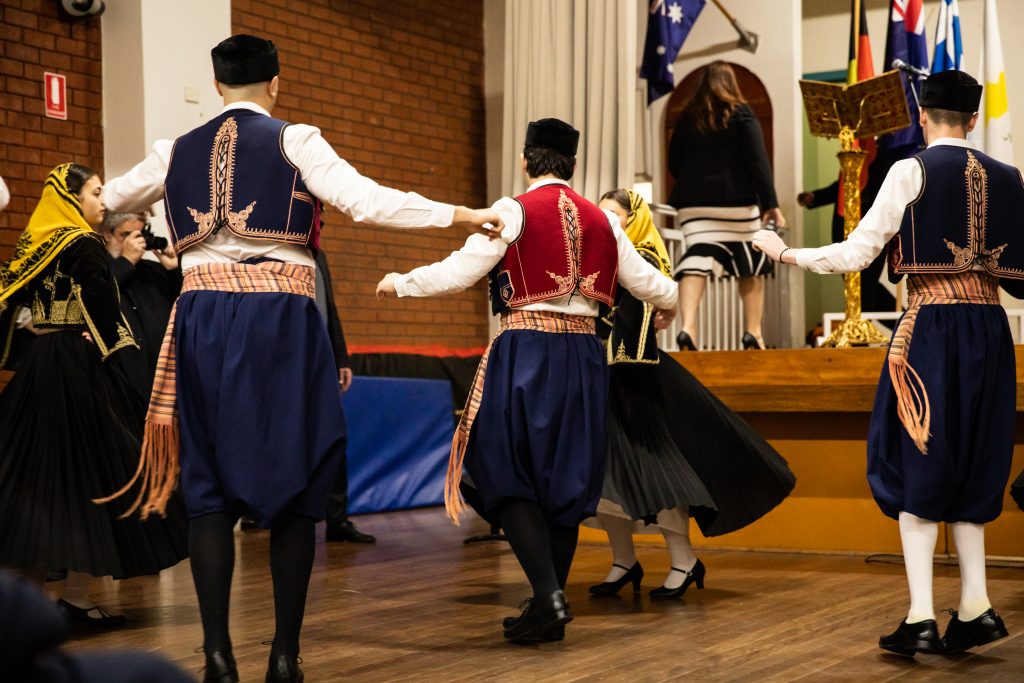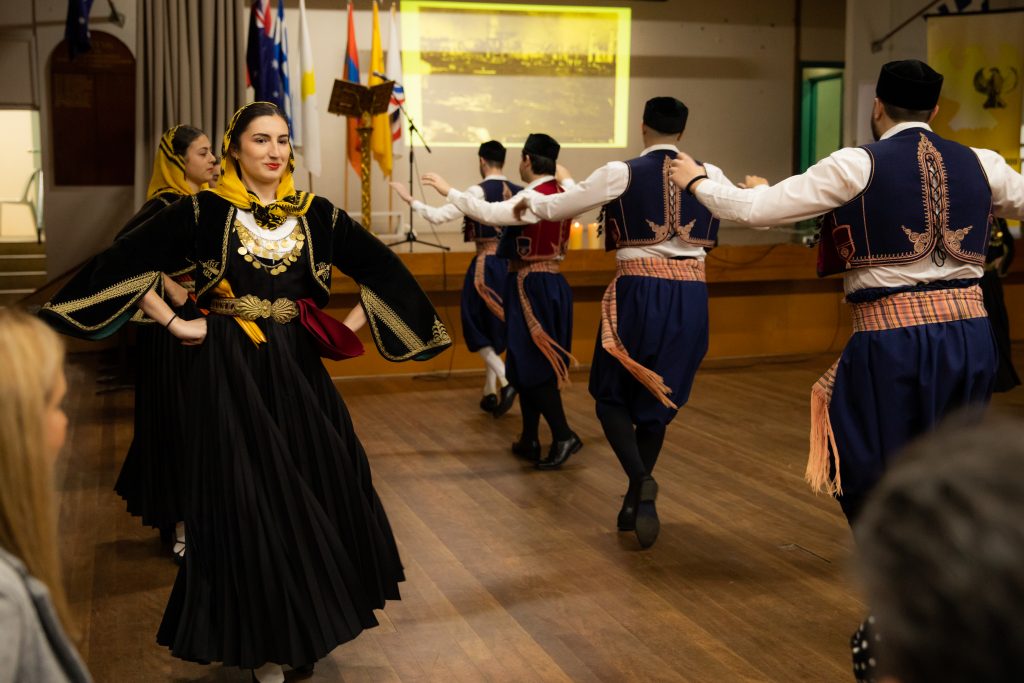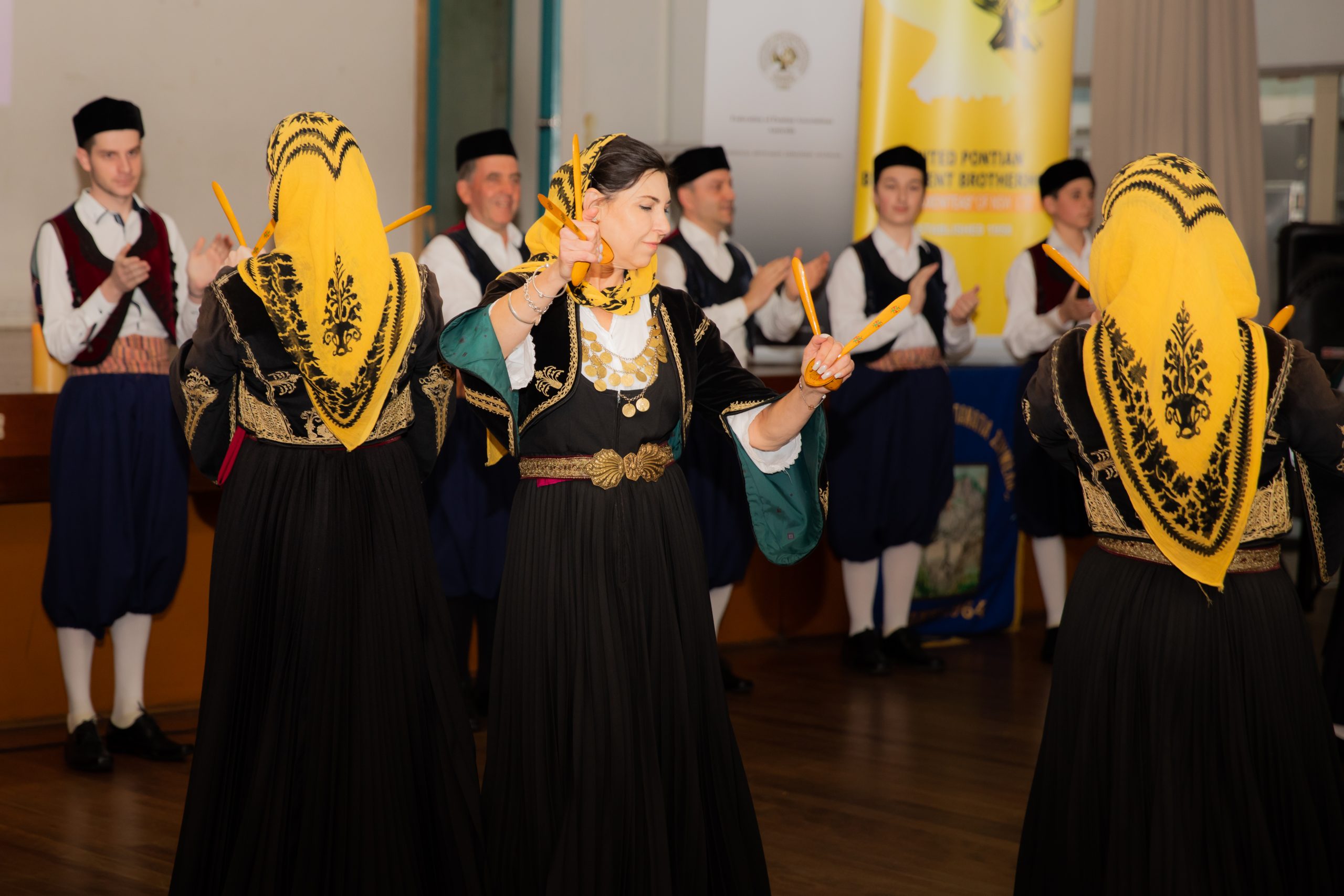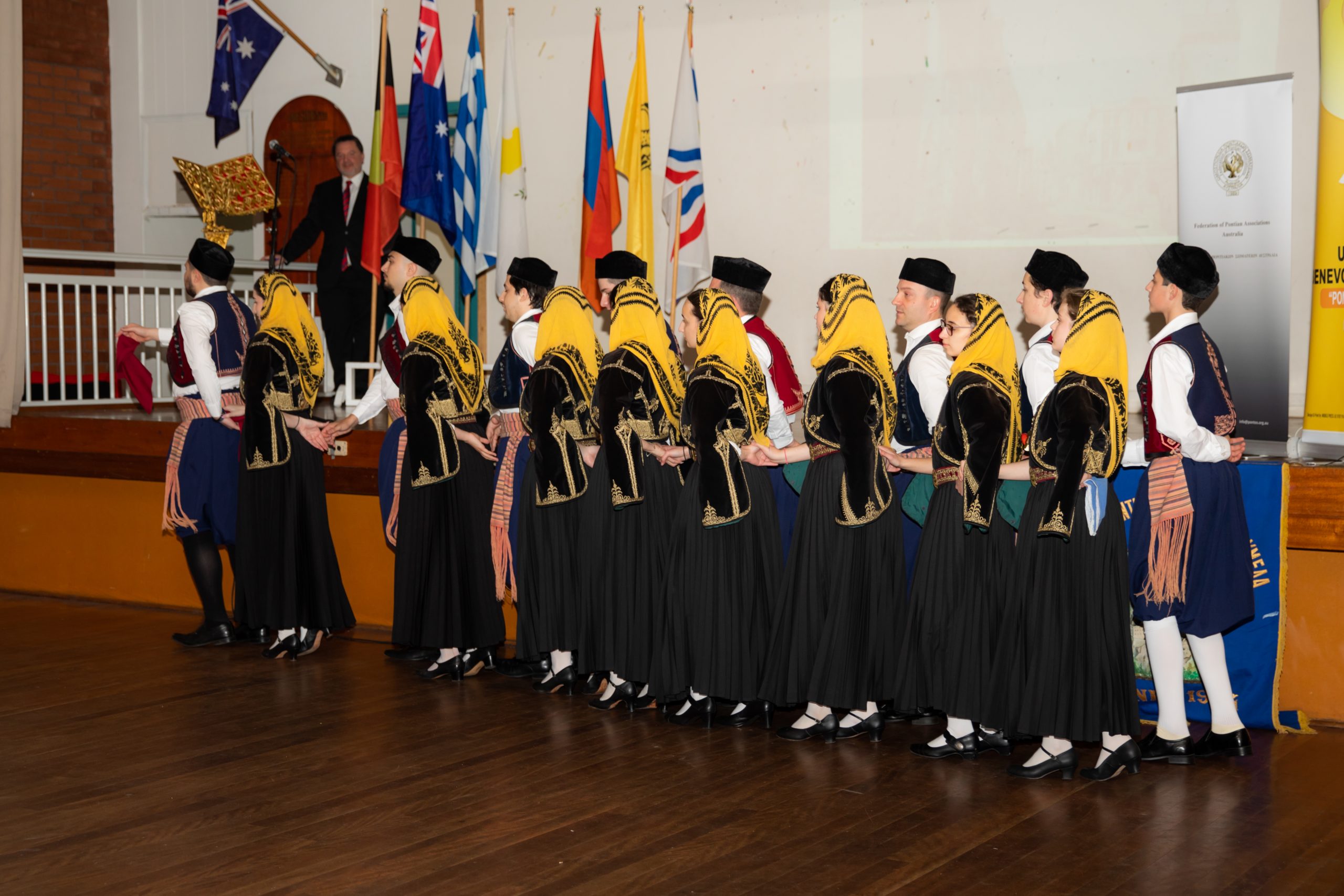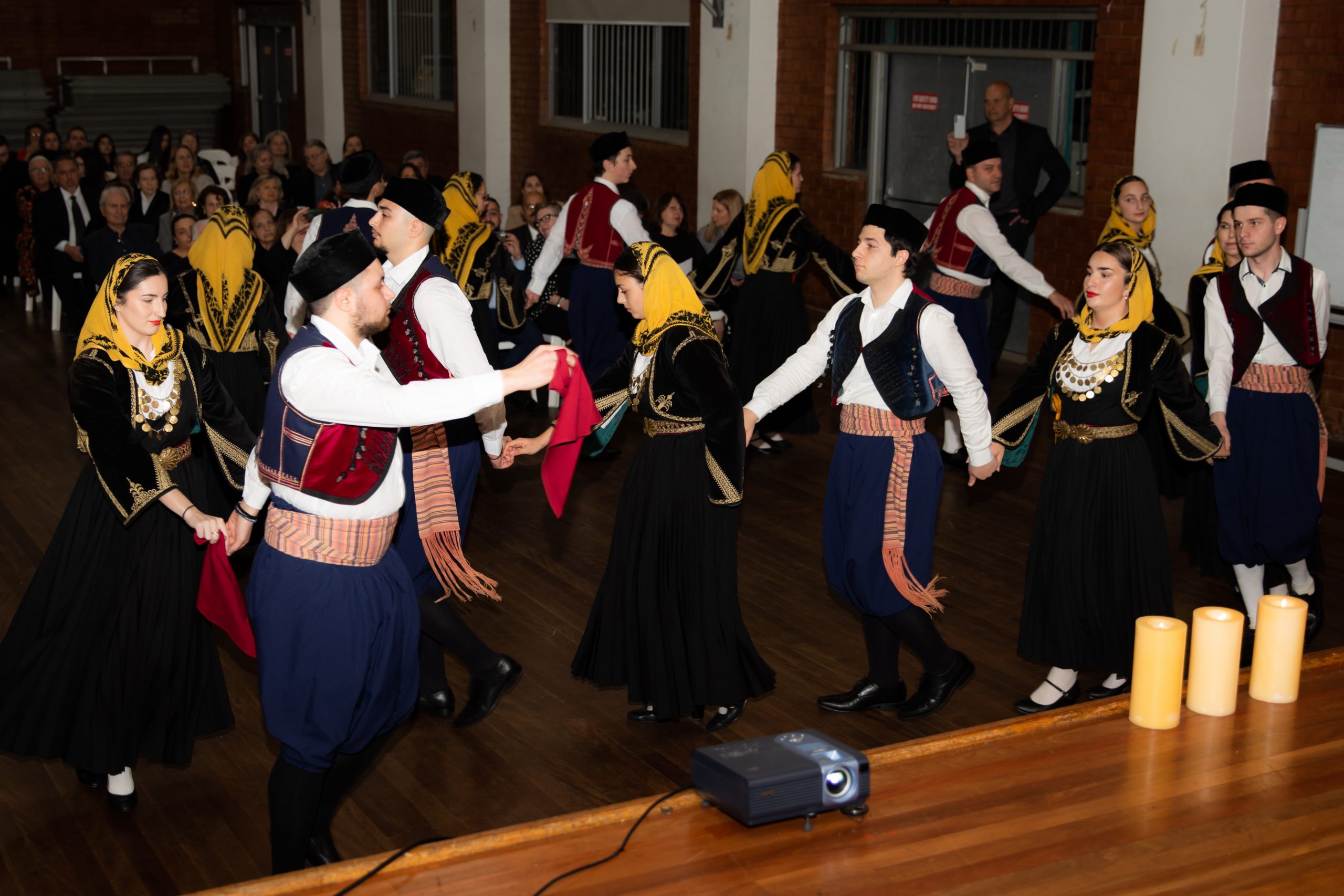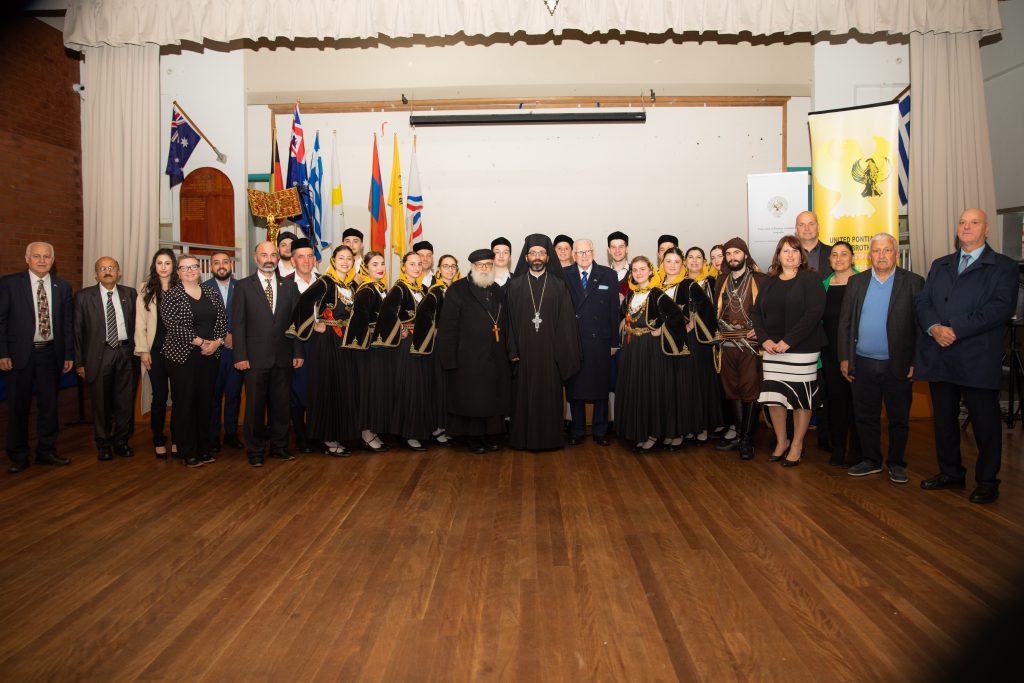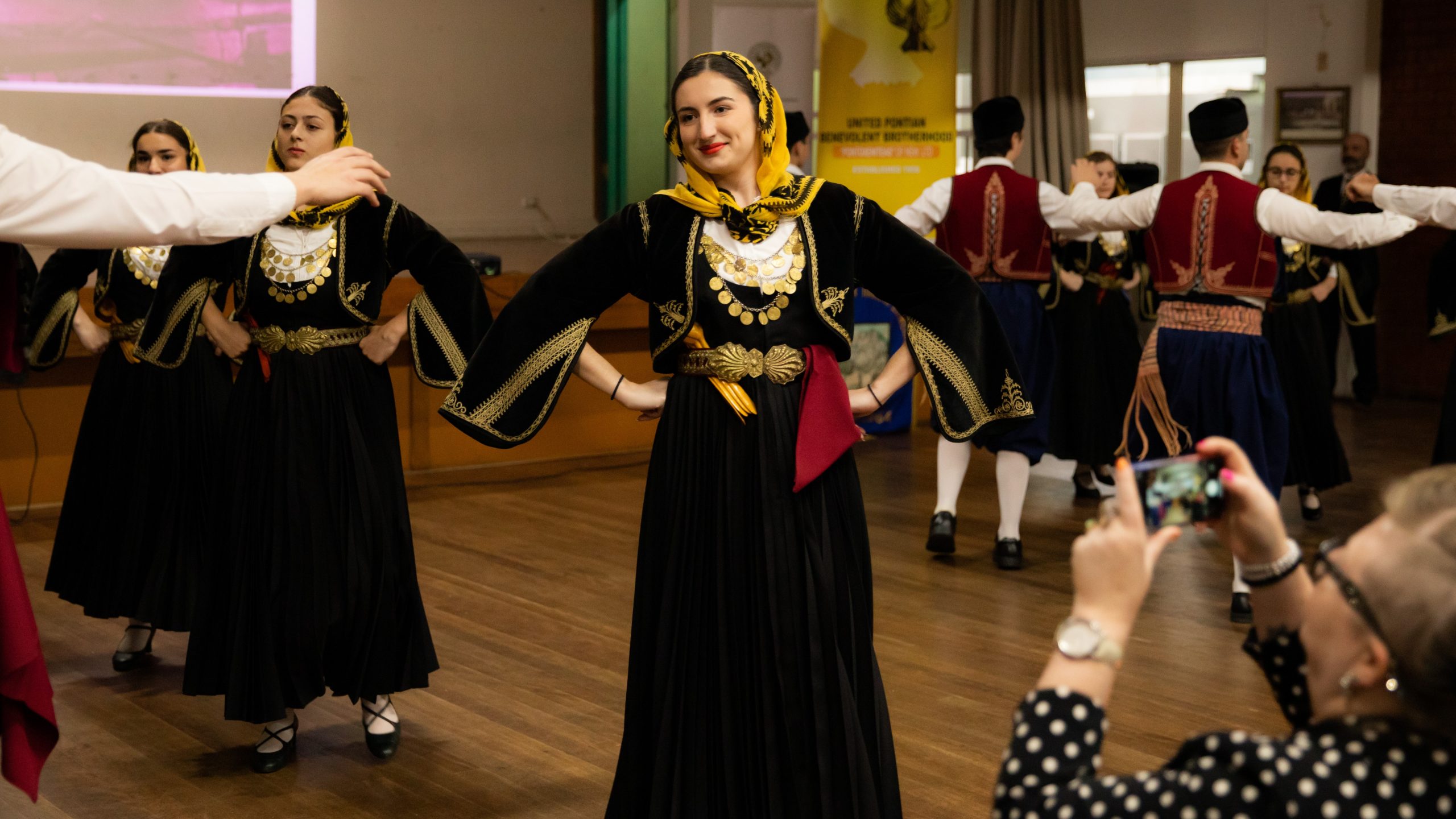One hundred years ago today, on September 9, 1922, Smyrna was invaded and captured by Ottoman soldiers led by Kemal Ataturk.
Upon entering the city, the Turkish forces immediately massacred 1000 civilians and five days later, on September 14, set the Greek and Armenian quarters of the city ablaze.
The fire endured nine days and the results were catastrophic, with over 1000,000 Greeks and 30,000 Armenians being killed. It is a genocide that the Turkish government has refused to acknowledge as such to this day.
In an event commemorating 100 years since the Smyrna catastrophe, as it has come to be known, over a hundred people from Greek, Armenian and Assyrian communities across Sydney gathered to honour those who were lost and to celebrate the culture that survived.
The commemoration, which was coordinated by the Hellenic Pontian Genocide Commemorative Committee NSW along with the Federation of Pontian Associations of Australia, took place on Thursday evening at the grounds of St Euphemia Greek Orthodox Church in Bankstown.
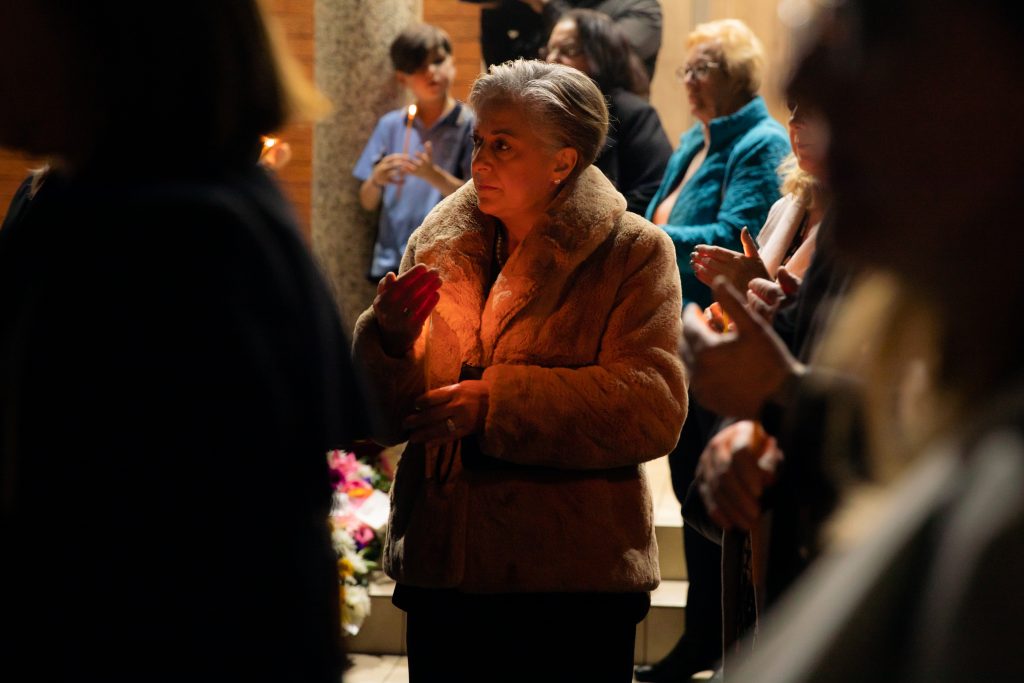
In attendance was Archimandrite Amphilohios, representing His Eminence Archbishop Makarios; Constantinos Giannakodimos, Head of the Public Diplomacy Office of Greece in Sydney representing the Consul General of Greece in Sydney Mr Christos Karras; the Honourable Reverend Fred Nile MLC; and Associate Professor Dr Melanie O’Brien of The University of Western Australia.
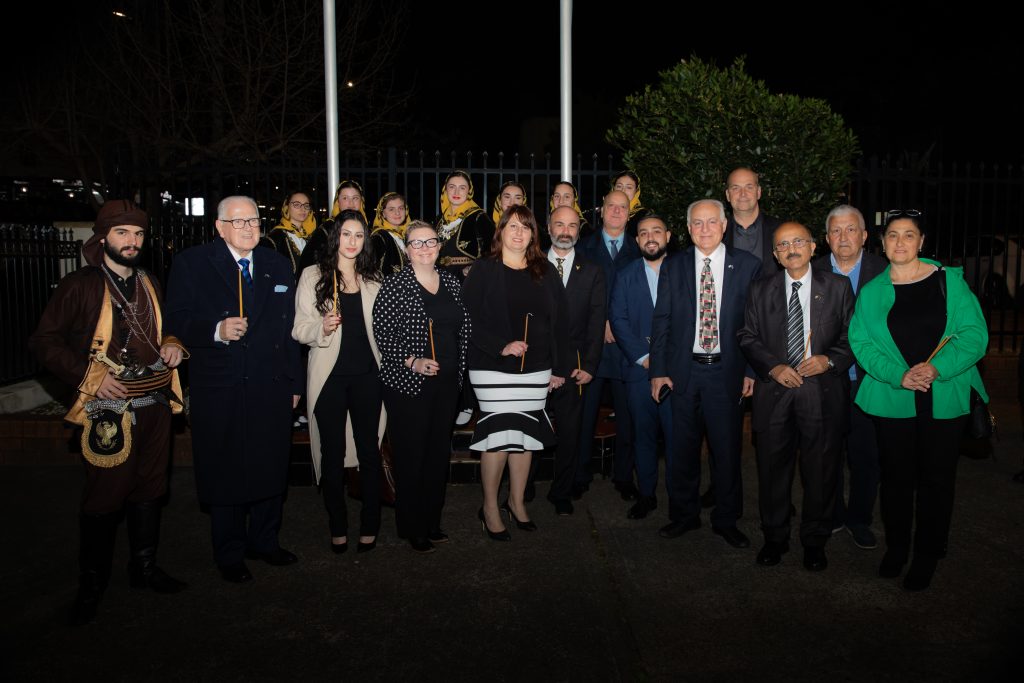
There were also representatives of Australia’s Pontian, Armenian and Assyrian communities, including Michael Kolokossian, Executive Director of the Armenian National Committee of Australia; Hermiz Shahen, David David and Albert Shlemon from the Assyrian National Council of Australia; Peter Papoulidis, President of the Pontian Society of Sydney ‘Panagia Soumela’; Nick Chrissostomidis and Olga Seitaridis from the Pontian Society of Wollongong ‘Diogenes’; Maria Anthony, President of Pontoxeniteas NSW; as well as many others.
The commemoration began with a trisagio conducted by Archimandrite Amphilohios at the St Euphemia Parish War Memorial, followed by a wreath laying service.
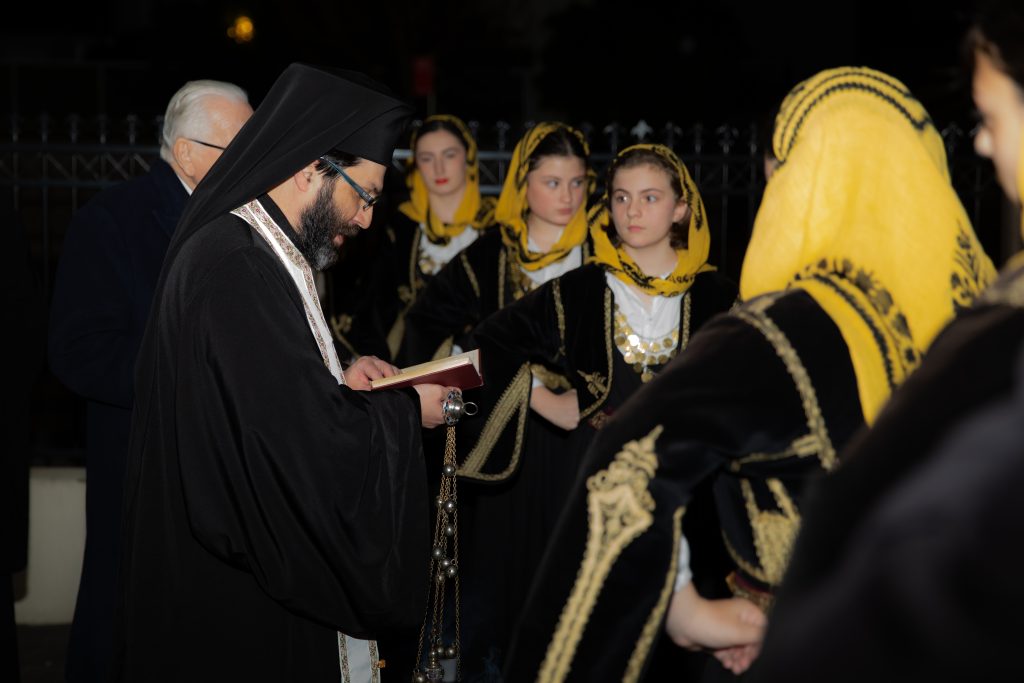
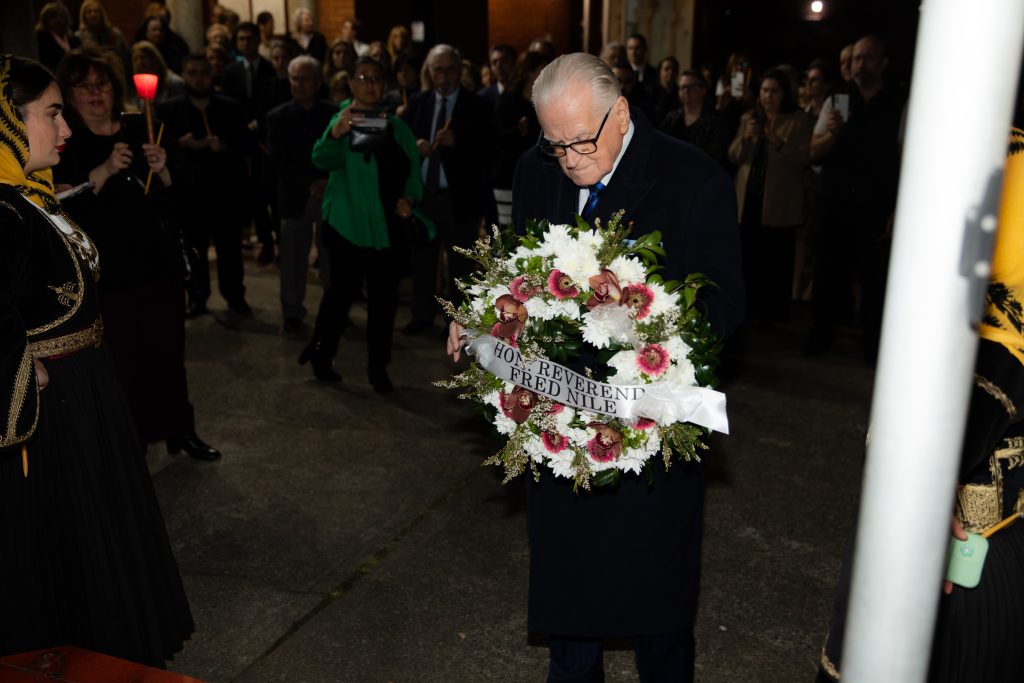
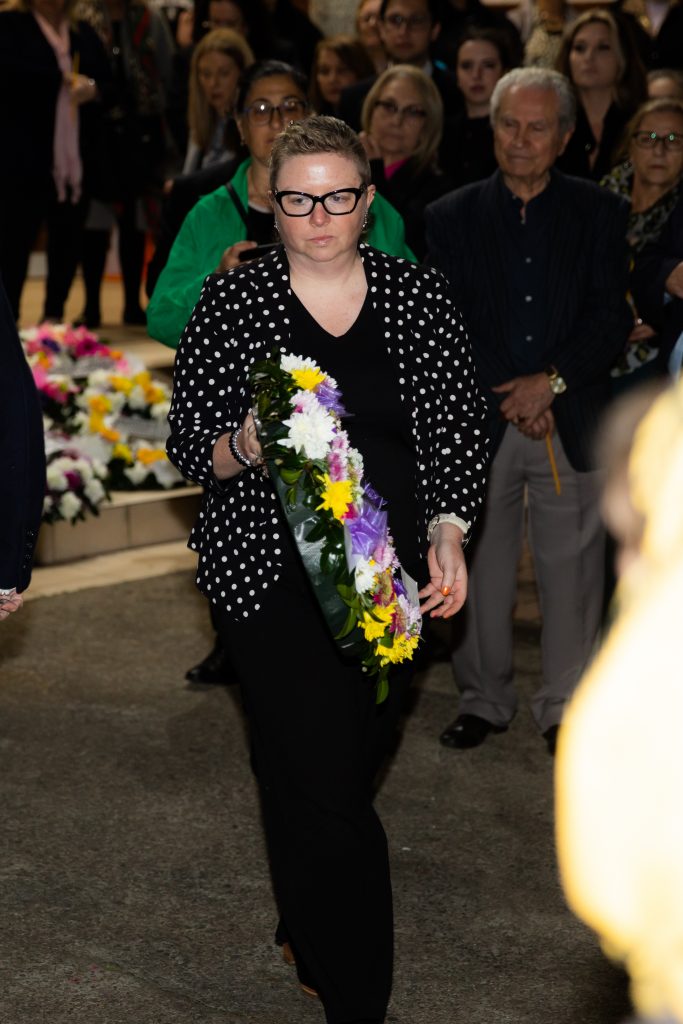
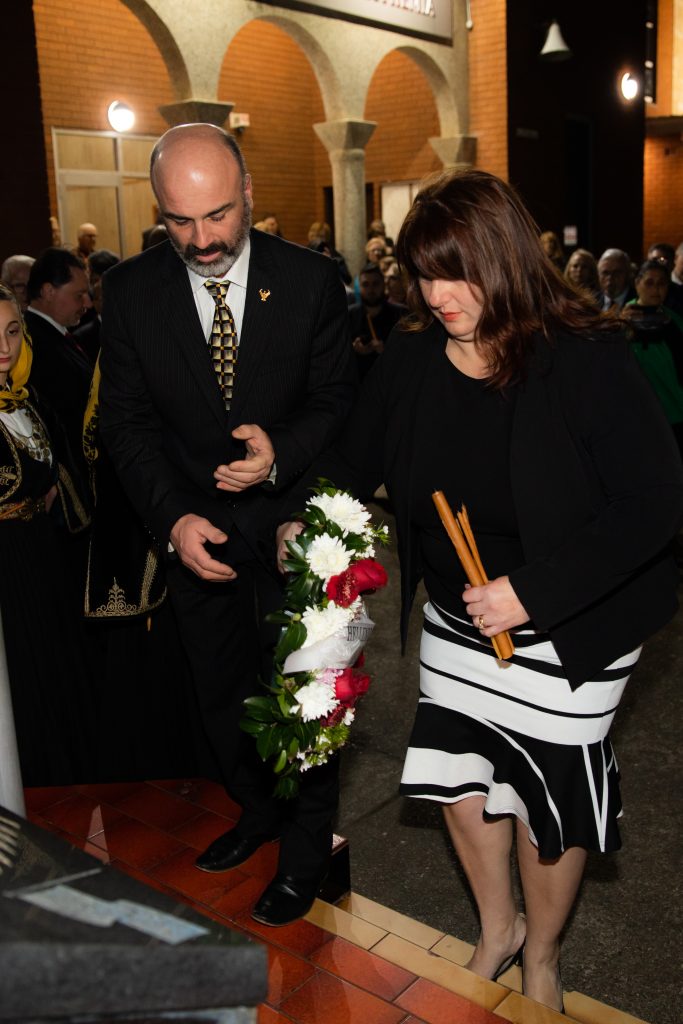
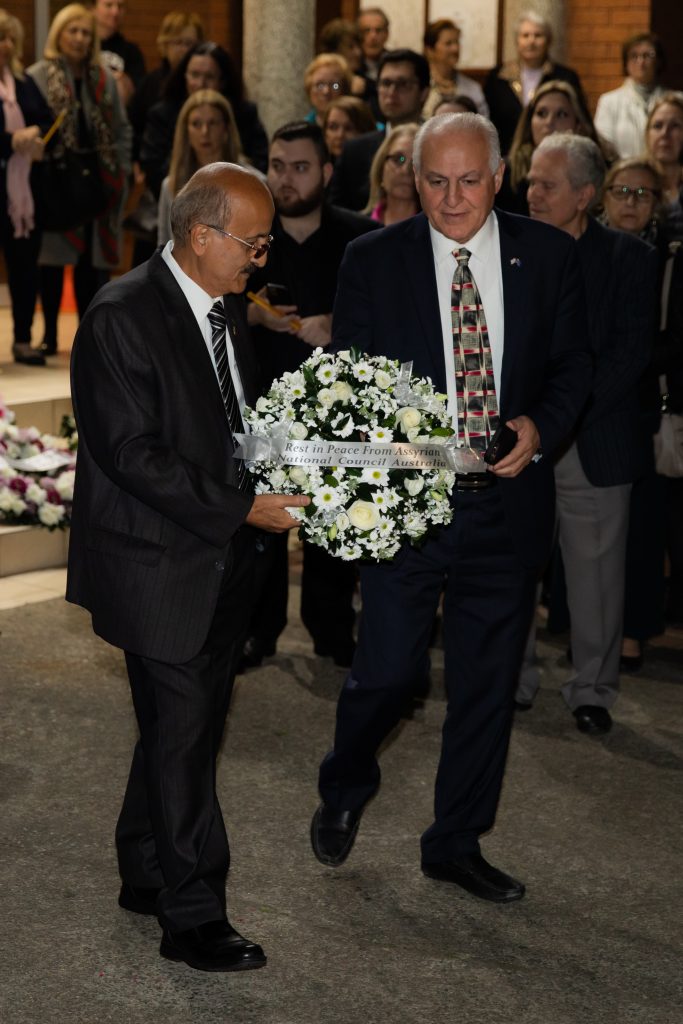
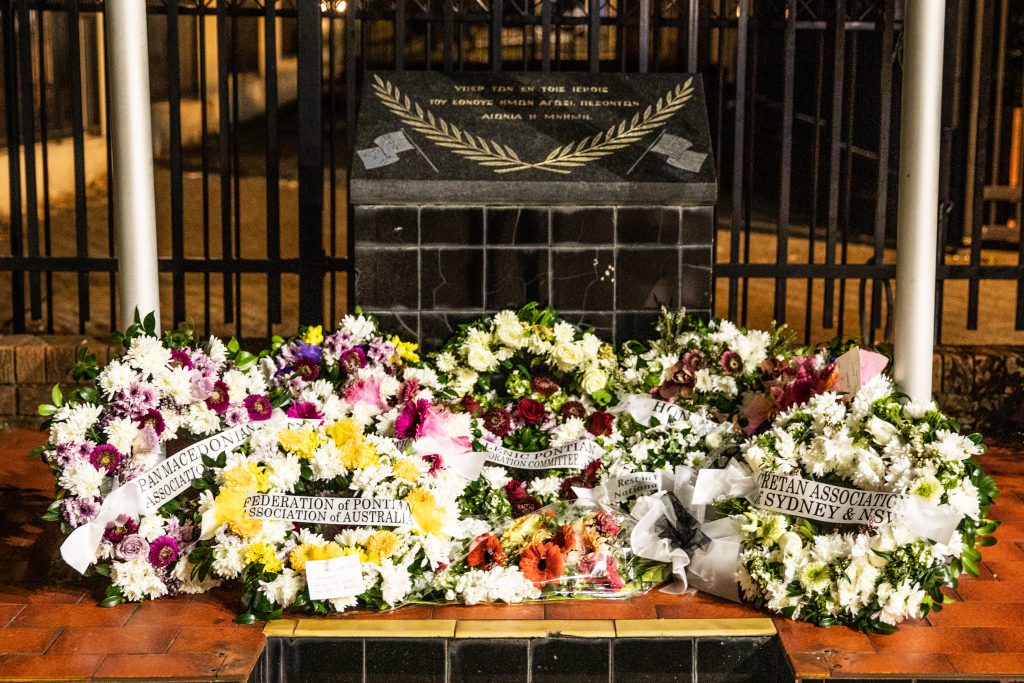
Attendees then moved indoors for formal proceedings which began with a candlelit vigil and a minute silence for the hundreds of thousands of victims of the catastrophe and 105-year-old Battle of Crete veteran, Alf Carpenter, who passed away on Wednesday.
Master of ceremonies and genocide scholar, Panagiotis Diamadis, then introduced a number of people for short speeches.
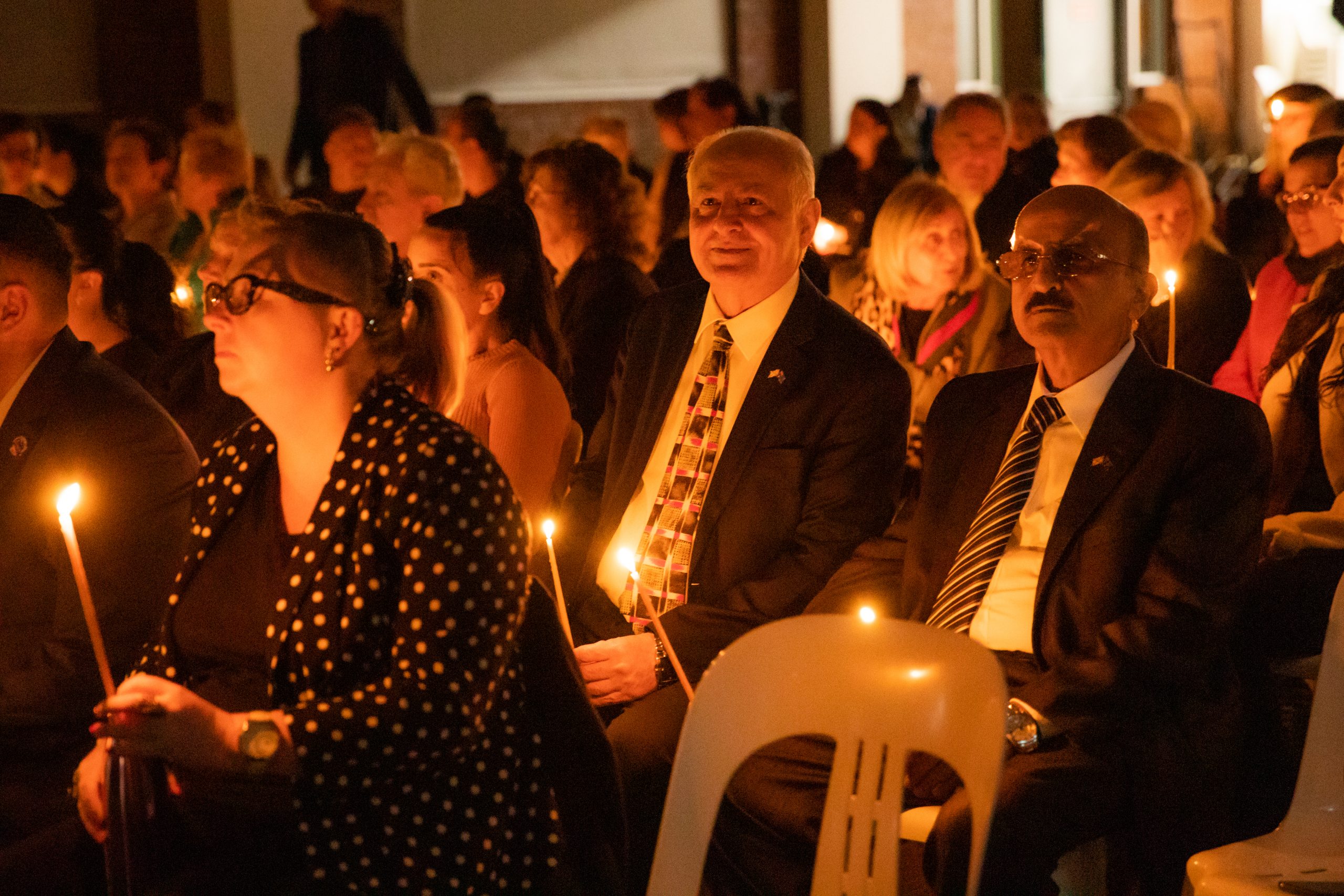
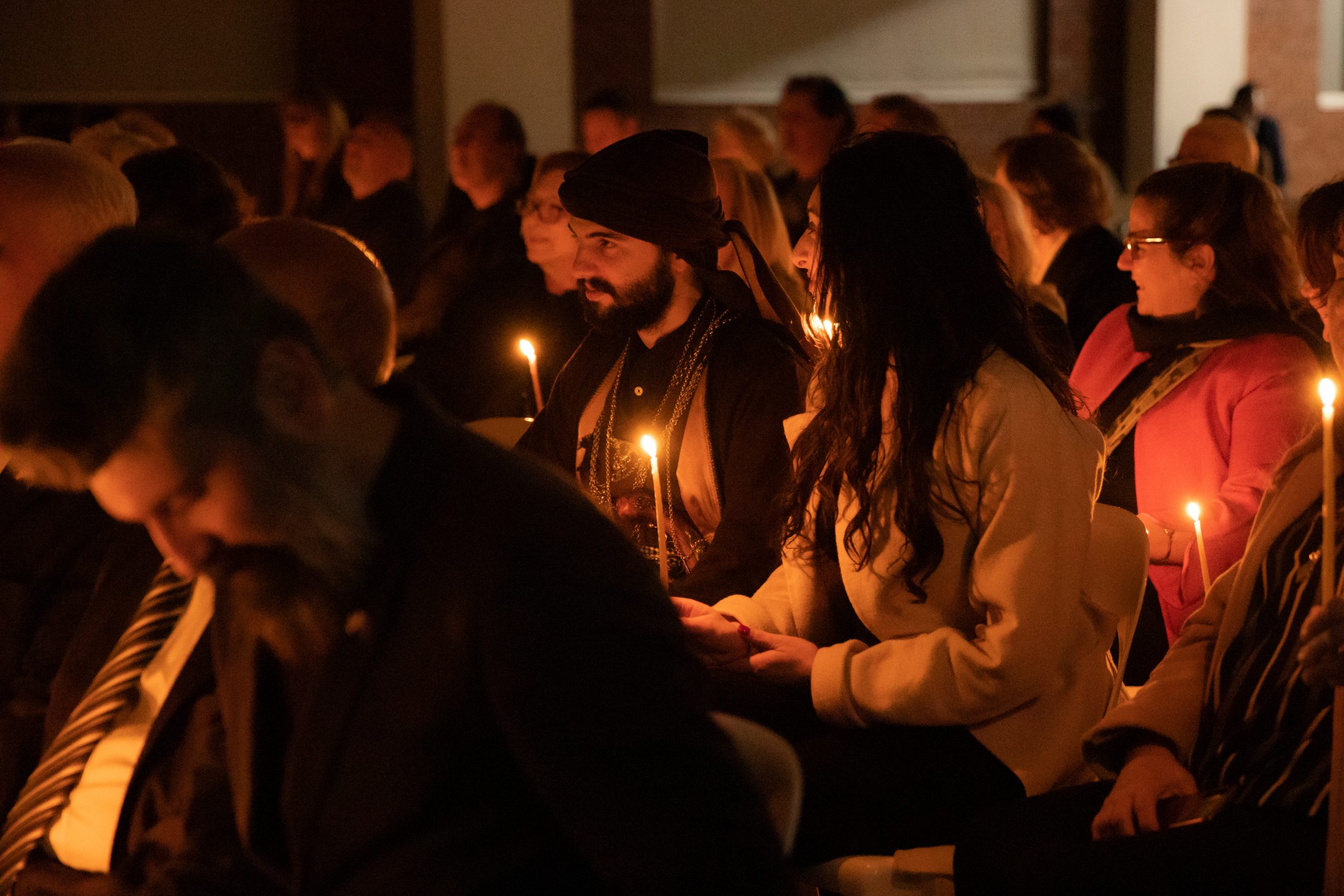
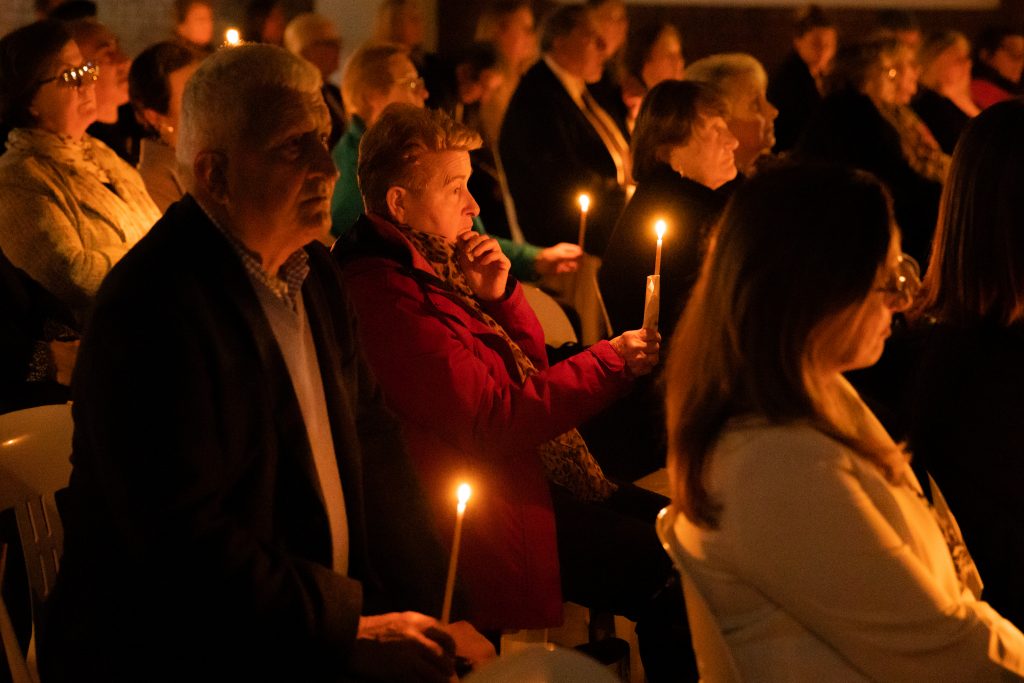
Archimandrite Amphilohios spoke first about the history of the Smyrna Catastrophe and the importance of commemorating those who lost their lives.
“Through this we honour and pay homage to those who heroically sacrificed or lost their lives for the highest of values and ideals – our orthodox Christian faith, our Greek cultural identity and our centuries-old Hellenic motherland itself,” the priest said.
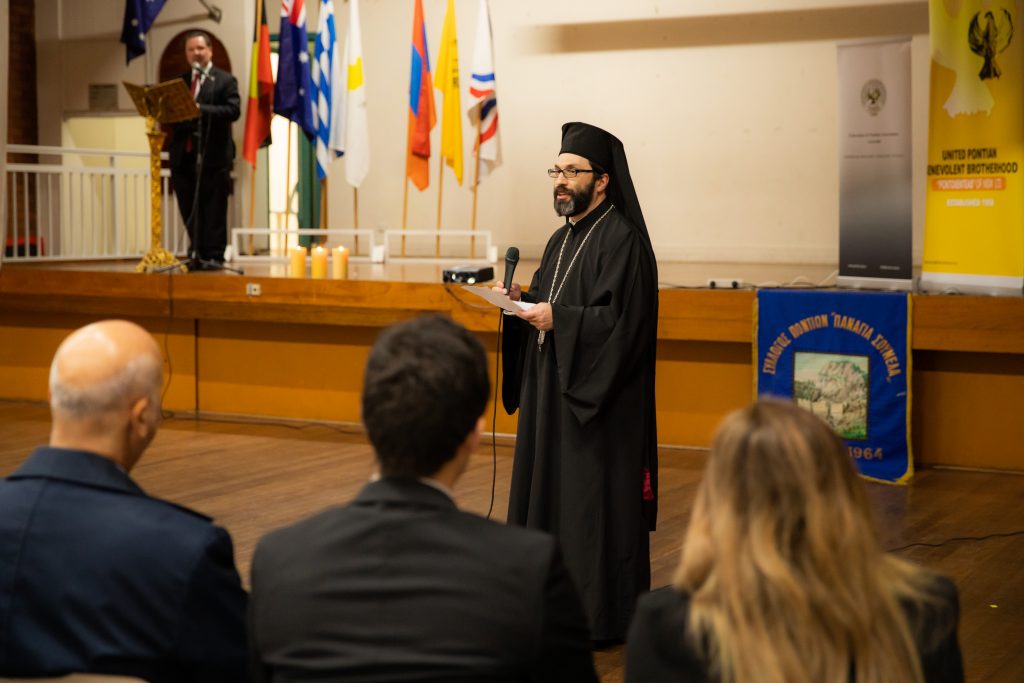
Mr Nile was next to speak and called on the Federal Government to officially recognise the genocide.
“The Australian Federal Government still hasn’t followed the precedent [of NSW] and has been silent on the genocide,” Mr Nile said.
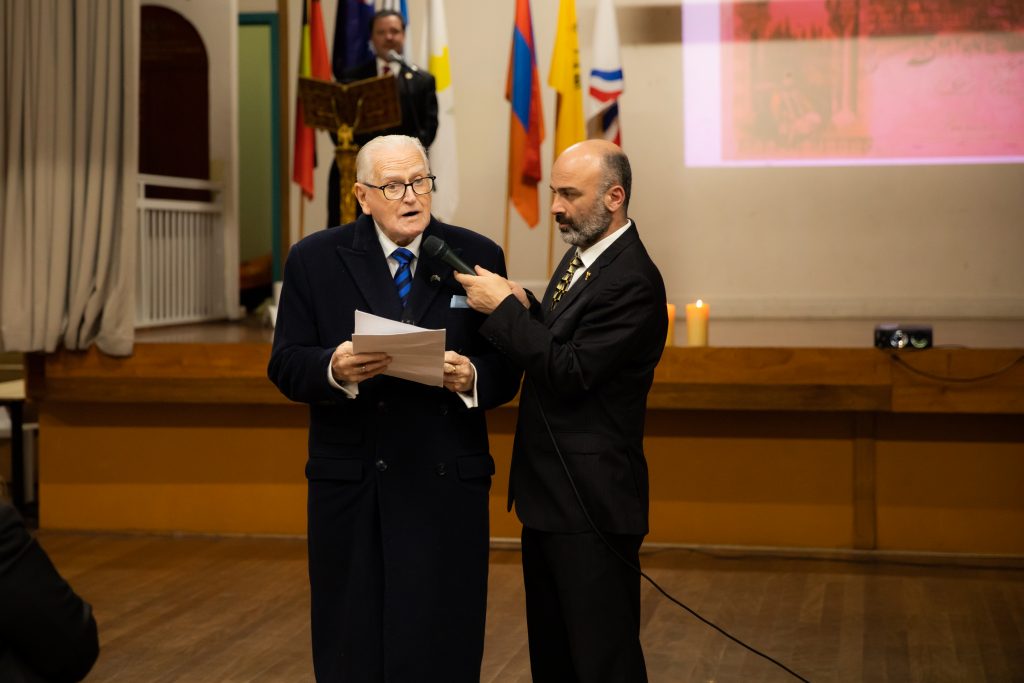
“It’s important for all governments around the world to recognise the catastrophe as a genocide. This is a matter of history and history must not be erased or forgotten. We must remember and speak the truth.”
Following Mr Nile was keynote speaker, Dr Melanie O’Brien, who said Smyrna “was a hub of Greek and Armenian culture, a main financial and cultural centre of Greek settlement in Western Anatolia.”
She further stated that unrecognised genocidal actions have global ramifications, pointing to Hitler’s admiration of the catastrophe as a roadmap for the Holocaust.
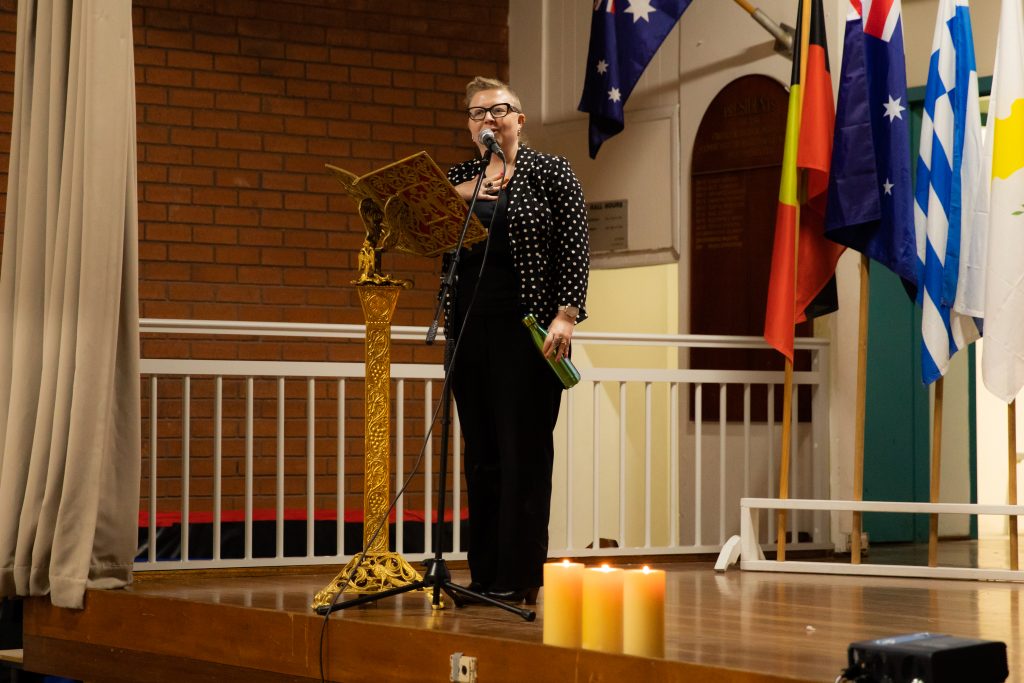
“This shows us that recognition is more important than ever… Open and clear recognition by governments sends a message to perpetrator states that their denial of genocide will not be tolerated,” she said.
The event concluded with a traditional performance of Asia Minor and Kappadokia dances by the Aristotelian Academy of Traditional Greek Dance.
